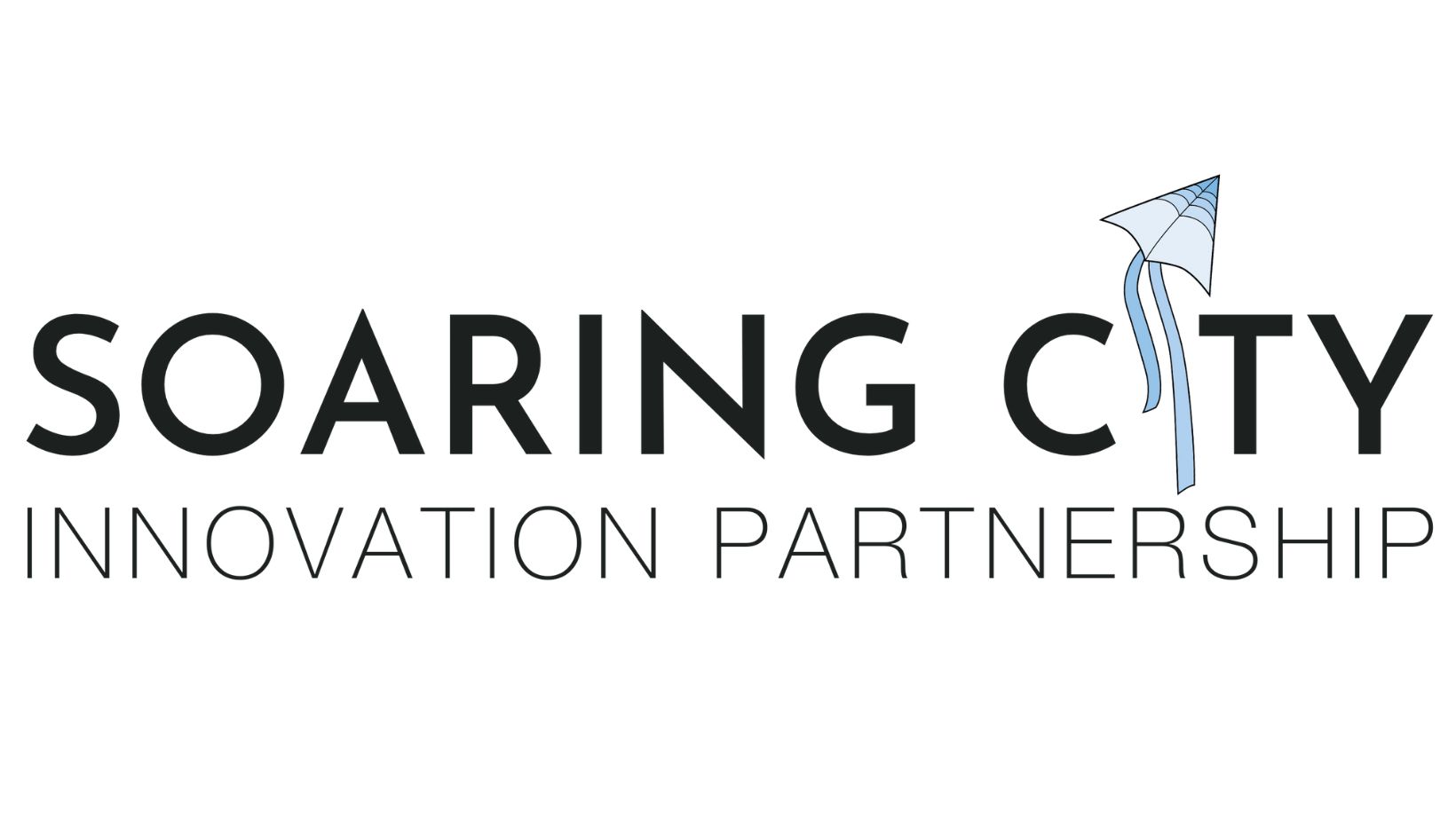More than just strapping on a headset and leisurely exploring immersive virtual worlds, many business leaders believe the metaverse provides a new way to train a “blue-collar tech-enabled workforce.”
During Thursday night’s Innovation Gathering, Mark Sharpe, executive director for the Soaring City Innovation Partnership, said every company will soon have a metaverse strategy as it does with the internet and social media. He noted the evolution is underway through Zoom meetings and virtual doctor appointments, new-hire onboarding programs, storefronts and event spaces.
Sharpe relayed that Soaring City is partnering with the Boston Consulting Group (BCG) to build and train a blue-collar tech-enabled workforce using innovative technology like augmented reality (AR). When insurance provider Florida Blue’s leadership provided the resources needed to build the new blackboXXcelerator at the RITHM (Research, Innovation, Technology, Habitat and Medicine) hub in Tampa’s University Mall, he said they asked Soaring City to help end generational poverty.
“We knew it had to be something special,” said Sharpe. “It had to be something really big, and that’s what this is.”
Dr. Guy Gilliland, senior partner with Boston Consulting Group, then kicked off the event’s final presentation, “The Metaverse and You.” Rony Abovitz, founder of the AR platform Magic Leap, joined the discussion virtually.
Gilliland told attendees that BCG employs about 20,000 consultants in 98 cities worldwide and works with nearly every Fortune 500 company. That reach, he added, allows the firm to identify new global industries and developments.
He said that India and the Kingdom of Saudi Arabia are currently developing expansive metaverse projects and noted historically, technological revolutions leave many people behind. Like Sharpe, Gilliland believes the decentralized aspects of Web3 – the latest iteration of the internet, which also utilizes blockchain technology – can serve as an economic equalizer.
“The metaverse amplifies the economy,” said Gilliland. “By creating digital assets, we enable companies and individuals to do more than they normally could; and make money and take jobs.”
Gilliland stressed that the metaverse is more than avatars, virtual reality and gaming. It is also about utilizing data to increase productivity, he said.
He then identified several opportunities that Tampa Bay could capitalize on within specific industries. Gilliland said the region should take an innovative approach to build on its strengths – including sports, education, healthcare and military-related facilities.
Professional sports teams, Gilliland relayed, already use virtual reality headsets to train players and coaches. However, he said people can only wear those devices for so long before becoming nauseous. AR mitigates that side effect, he said, as it allows users to see the outside world.
Gilliland believes that building an “army of tech talent” to support the research needed to deploy the burgeoning technology would allow Tampa Bay to thrive in the new employment ecosystem. Using a labor pyramid for laser technologies as an example, he said AR and immersive training would shape all layers of the workforce – from manual and robotic assembly techs without college degrees to designers with PhDs in photonics.
He said the region could create 375,000 jobs and $50 billion in economic impact if it becomes a unique leader in building the new tech ecosystem.
“The question is, is it worth it?” said Gilliland. “Yeah, there’s the right number of zeroes on those numbers to make it work here.”
Abovitz, who recently released the latest generation of his augmented reality headsets, Magic Leap 2, relayed the challenges of finding a high-tech production-based workforce in the U.S.

The Magic Leap 2 headset utilizes augmented reality technology and is designed for extended daily use. Screengrab courtesy of magicleap.com.
He explained that he worked with St. Petersburg-based Jabil to build a new Magic Leap factory in Guadalajara, Mexico, and the city helped the company find and train thousands of people. However, he noted the difficulty in obtaining that level of support in Florida.
While his company was able to move manufacturing away from China to this hemisphere, Abovitz hopes local stakeholders will help create the ecosystem and talent pool needed to build those facilities in Tampa Bay. He said utilizing a lightweight AR system with artificial intelligence capabilities, like his Magic Leap platform, can provide a continuous training cycle that upskills workers in real-time.
“It gives you this really unique form of blue-collar tech worker that’s never existed before,” said Abovitz. “And we think Tampa could be dominant.”
Original Article at https://stpetecatalyst.com/how-the-metaverse-could-propel-tampa-bays-workforce/
